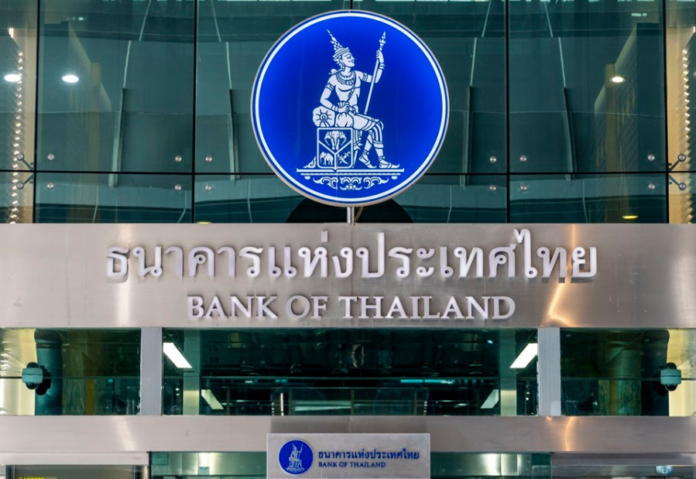Bank of Thailand (BoT) is prepared to introduce more secure mobile banking features that will boost the transfer system. To guarantee safer transactions, these steps will include more stringent authentication procedures, real-time fraud detection systems, and heightened user awareness initiatives.
Key takeaways
- To improve mobile banking security, the Bank of Thailand intends to set daily transfer limitations for susceptible populations, including seniors and minors.
- To improve fraud protection, advanced biometric technologies—such as facial recognition—will be required for high-value transactions.
- To reduce cybersecurity concerns, mobile banking apps must have anti-malware features and stop working on devices that are jailbroken or out-of-date.
Limiting daily transfer limitations to 50,000 baht for some groups, such teens and the elderly, is one of the new policies.
The BoT recently wrapped up public discussions on proposed regulation reforms to strengthen the security of financial services, according to a source from the Thai Bankers Association.
What will be the new measures ?
Account holders under the age of 15 or those categorized as elderly will be subject to daily transfer limitations under the proposed regulations.
These limitations are meant to safeguard those who are thought to be more vulnerable to fraud or manipulation, especially when con artists force them to send money.
Banks will have to incorporate advanced security measures like face recognition and biometric forgery detection in addition to restricting transactions for susceptible populations.
Transactions totaling more than 50,000 baht in a single transfer or 200,000 baht in a single day will need the use of these technologies.
To stop data breaches and protect consumers, the BoT also intends to require mobile banking apps to have anti-malware and anti-hacking features.
Additionally, as jailbroken smartphones and phones with out-of-date operating systems are regarded as high-risk platforms for hackers to exploit, mobile banking apps will no longer be permitted to function on these devices.
The BoT is anticipated to make these announcements later this month, the insider disclosed.
By the first quarter of the year, non-bank service providers that are subject to BoT regulation will also have to comply with these requirements.
The Singapore Cyber Security Agency is serving as an inspiration for frameworks that regulatory bodies are investigating to address issues around responsibility in fraudulent transfers.
In order to ensure that banks are not primarily held accountable for losses brought on by systemic weaknesses, the proposed modifications would hold institutions collectively responsible.
Stricter sanctions will also be imposed by the amendments on those who sell customer data, a crucial problem that exposes customers to fraud.
Also read: Viksit Workforce for a Viksit Bharat
Do Follow: The Mainstream formerly known as CIO News LinkedIn Account | The Mainstream formerly known as CIO News Facebook | The Mainstream formerly known as CIO News Youtube | The Mainstream formerly known as CIO News Twitter
About us:
The Mainstream formerly known as CIO News is the premier platform dedicated to delivering the latest news, updates, and insights from the CIO industry. As a trusted source in the technology and IT sector, we provide a comprehensive resource for executives and professionals seeking to stay informed and ahead of the curve. With a focus on cutting-edge developments and trends, The Mainstream formerly known as CIO News serves as your go-to destination for staying abreast of the rapidly evolving landscape of technology and IT. Founded in June 2020, The Mainstream formerly known as CIO News has rapidly evolved with ambitious growth plans to expand globally, targeting markets in the Middle East & Africa, ASEAN, USA, and the UK






